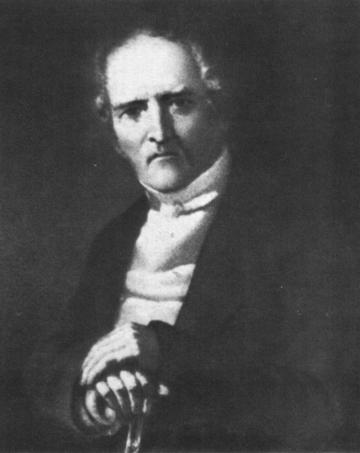
Utopia – literally “nowheresville” – was the name of an imaginary republic described by Thomas More in which all social conflict and distress has been overcome. There have been many versions of Utopia over the years, many of them visions of socialist society. Although Marx and Engels defined their own socialism in opposition to Utopian Socialism (which had many advocates in the early nineteenth century), they had immense respect for the great Utopian socialists like Charles Fourier and Robert Owen.

The problems with Utopian socialism are that it does not concern itself with how to get there, presuming that the power of its own vision is sufficient, or with who the agent of the struggle for socialism may be, and, instead of deriving its ideal from criticism of existing conditions, it plucks its vision ready-made from the creator’s own mind. Further, it gives no guidance as to how we should act here and now, in the really existing world, confining itself to telling us how to act as if everyone were to recognize the same ethical principles [Thomas Moore pictured].
Plato wrote The Republic in 360 BCE, an idealization of a slave society with a rigid class system, divided between philosophers, warriors and commoners. Justice and social stability were ensured because everyone was assigned to a station in life appropriate to their interests and virtues. The structure of the Republic was an image of Plato’s conception of the structure of the human being: Reason, Spirit and Desire. The above excerpts were taken from ~ https://www.marxists.org/subject/utopian/index.htm
COMMENTARY: Over 40 versions of Utopia were published between 1700 and 1850. So, a good question to ask why the social imagination of some or maybe a majority of human beings is 'hell bent' on Utopia and it always seem to necessarily become socialist ... communist? Well, Plato was right, the necessary structure of the 'created' human being has built in reason, spirit and desire (indeed, 'created' as I could not possibly think/believe that an evolving ape would ever possess reason/spirit/desire). The problem is that most writers and thinkers or dreamers have not embraced the fact that this is a fallen condition. This 'program' is corrupt but it will be rebooted by the Creator not by the creation.
For non-believers, evolutionist atheists all I can say is this... Reiterating, Thomas Moore, the problem with Utopian socialism is
that it does not concern itself with how to get there, presuming that the power
of its own vision is sufficient, or with who the agent of the struggle for
socialism may be, and, instead of deriving its ideal from criticism of
existing conditions, it plucks its vision ready-made ... TM
Do you know why proponents of socialism do that? Because, the truth in any 'organized' society regarding actual means and ways needs real capital. And, capital flow controls waste as much as it controls outcomes. Get it? With any kind of socialism, there is no fair or just way forward or sustainability. Why? As Roman Emperor Claudius said, "When the money runs out you better look out". Indeed, that's about capital. Socialism does not generate capital. It takes and consumes capital until there is nothing left. You may tell me there is no fair or just way forward or sustainability in a free market... the answer is that in a FREE market there is always a way forward for everyone who is willing to partake. Socialism is the road to "Nowheresville" ~ Thomas Moore.

